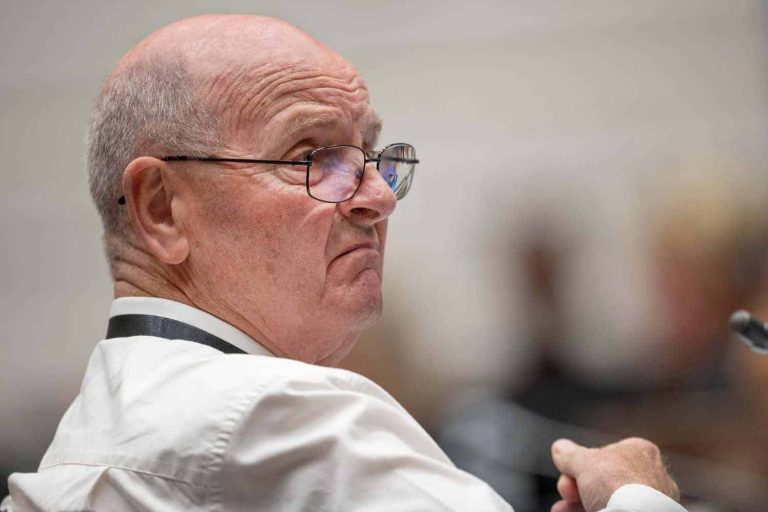
The Senate has opened talks with leaders of the Blockchain Association of Nigeria (SIBAN) on creating a legal framework to regulate cryptocurrency and blockchain activity in the country, as adoption rises and global digital-finance dynamics shift.
The engagement took place yesterday during an interactive session between the Senate Committee on Capital Market, chaired by Senator Osita Izunaso, and SIBAN executives led by President Obinna Iwuno.
Iwuno stressed the urgency of regulation, noting that Nigeria ranks second globally and first in Africa for cryptocurrency adoption, with blockchain transactions valued at more than $59 billion. “We cannot afford to take the back seat after ranking second globally in crypto adoption,” he said, arguing that a clear regulatory structure would unlock significant economic potential.
While SIBAN currently functions as a self-regulatory body, Iwuno said the association works closely with the Securities and Exchange Commission (SEC) and the Nigerian Financial Intelligence Unit (NFIU) to promote compliance and safeguard the digital-asset space.
Citing recent legislative moves in the United States aimed at strengthening the dollar’s role in digital finance, he urged Nigerian lawmakers to act swiftly. “The new global financial system is taking shape, and Nigeria must position itself to benefit,” he added.
Senator Izunaso commended SIBAN’s advocacy and said the committee’s priorities align with the group’s proposals, which include investor protection, tokenisation, blockchain-driven innovation, and supportive policy frameworks.
Other senators: Victor Umeh (Anambra Central), Jibrin Isa (Kogi East), and Mustapha Khabeeb (Jigawa South-West), echoed calls for enabling legislation that would both recognise crypto operators and broaden Nigeria’s capital-market offerings.
Lawmakers and stakeholders emphasised that a clear legal framework would reduce regulatory uncertainty, attract institutional investment, and strengthen consumer safeguards, while enabling innovation in payments, asset tokenisation and other blockchain use cases.
Stakeholders say collaboration between the Senate and blockchain stakeholders marks a significant step toward closing the current policy gap that has constrained investment in Nigeria’s thriving digital-asset ecosystem.



